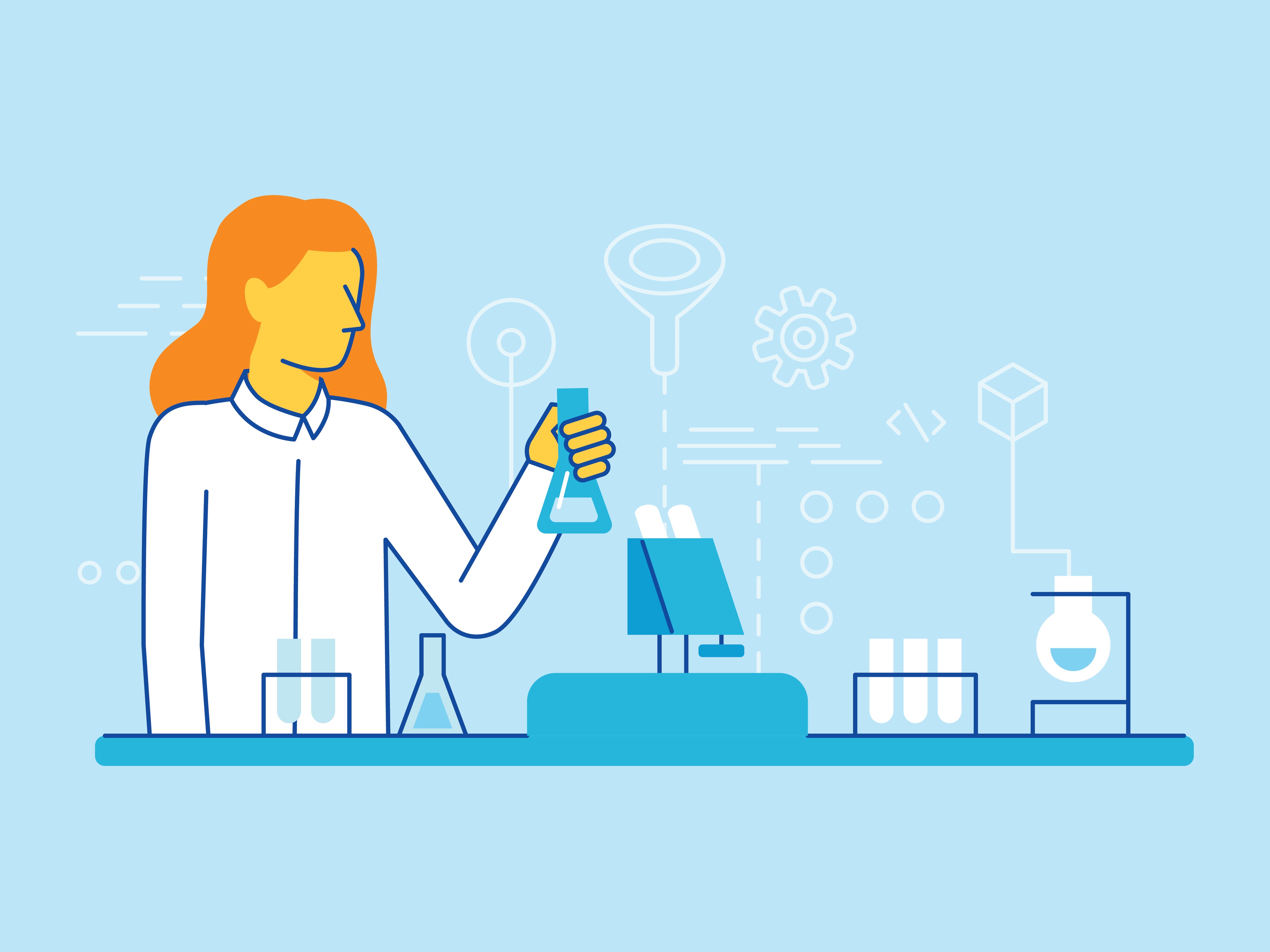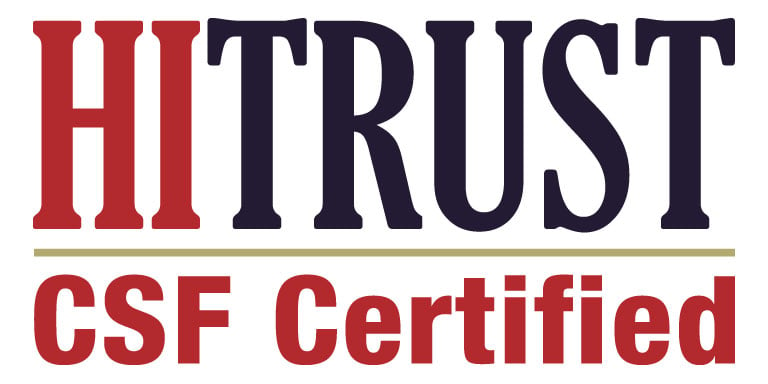There’s an often-quoted adage that if you want something done right, do it yourself. Unfortunately, in healthcare, that’s not a reality for most patients. Instead, those suffering from illness and disease must wait for researchers and clinicians to find and develop treatments and therapies that can provide a cure, treatment or relief.
But things are changing. iConquerMS is a ground-breaking initiative that empowers people with multiple sclerosis (MS) to help drive MS research and accelerate efforts toward improving treatments and finding a cure for the disease.
It always surprises me that when attending industry conferences, the discussions inevitably revolve around “the future” of artificial intelligence, machine learning and personalized medicine. My reaction? These innovations and practices aren’t impending, they’re already here.
It’s Thanksgiving and a good time to remember the pilgrims. Nearly 400 years ago, a hardy band of about 100 Pilgrims set sail from England on the Mayflower, heading for America. They were willing to brave the perils of the Atlantic in order to fulfill their hopes and dreams of a new life.
After 66 days at sea, they reached land and settled in Plymouth, Massachusetts, where they established a colony. But their struggles weren’t over. They faced a cold, hard New England winter and nearly half the settlers perished.
A year after their arrival, following the first harvest, the Pilgrims invited...
Between 2006 and 2016 there were over 2 million scholarly articles published around the globe. Of those, more than 25 percent – 568,000 – were focused on medicine, more than double the next area of study¹.
Despite the spike in medical knowledge, there is still a struggle to understand why some treatments work while others do not and the reality is that there is still much we don’t know.
In recent years, there has been equal parts hope and hype over Artificial Intelligence (AI) and how to use it to unravel human disease more quickly and efficiently. In a recent article in Forbes,...
Most allergy sufferers know that receiving a series of allergy shots can prevent sniffling, sneezing, and red eyes. But not everyone is aware of how it actually works. The shots contain a very small amount of the allergen, the thing that is causing the problem. While the allergen introduced into the system isn’t enough to cause sickness, it does set off an alarm telling the body’s immune system it’s time to get to work. Over time, the doses get larger and eventually help the body develop a tolerance to the allergen. In other words, the body becomes immune to the invader.
This concept is a...
Striving to effectively communicate thoughts and ideas has been an aim of humans since the dawn of time. The Cro-Magnons used charcoal to scrawl paintings on cave walls 40,000 years ago. Egyptians used hieroglyphics and the Chinese created logograms to represent words. In more modern times, organizers of the 1964 Tokyo Olympic games used symbols for sports for the first time to better communicate with an international audience.
Throughout history, the goal has always been to find the best ways to communicate. Inevitably, the solution has been the same: a picture is worth a thousand words....
There’s been much talk about the unprecedented volume of healthcare data now available (and if you read our blog you know we have covered it as well). So how do we share this data effectively, so we can provide better care and treatment for patients? For starters, we need more robust Health Information Exchanges (HIEs) and a better integrated data flow.
That’s the clear message coming from the Interoperability, Health Information Exchange and Advocacy Day hosted by the New England chapter of Health Information and Management Systems Society (HIMSS) that I recently attended. The all-day...
The U. S. healthcare industry now produces an estimated 1.2 billion clinical care documents a year. Within those documents is an amazing amount of detail on an individual patient’s care plan, medical history and overall health. So why is this type of data, not often touted, important? When analyzed, this detailed patient data has the potential to improve healthcare outcomes. The only problem is that about eighty percent of that data is unstructured¹.
Longitudinal data – data that includes all healthcare encounters of a patient or member over a continuum of care and time – is critically...
Earlier this month, two prominent scientists were announced as winners for The Nobel Prize. They also happened to be women. Frances Arnold of the U.S. received the award for Chemistry and Donna Strickland of Canada earned her award in Physics.
While the names of the Nobel Prize winners are always eagerly awaited, the announcement of Arnold and Strickland seemed to generate more attention and applause than usual. But why is this a cause for so much celebration? The answer is because while roughly half the global population is female, the number of female scientists is disproportionately low,...
Do you fasten your Fitbit, smartwatch or other wearable device onto your wrist every morning and diligently track the number of steps taken or miles biked throughout the day? Perhaps you use an app on your smartphone to analyze your sleep patterns or as a reminder to take a vitamin or a medication. If you’re not using technology to track these activities, chances are you know someone who is.
According to eMarketer’s latest projection, over 50 million Americans are wearing some type of device that captures health information at least once a month. That represents almost one out of every five...




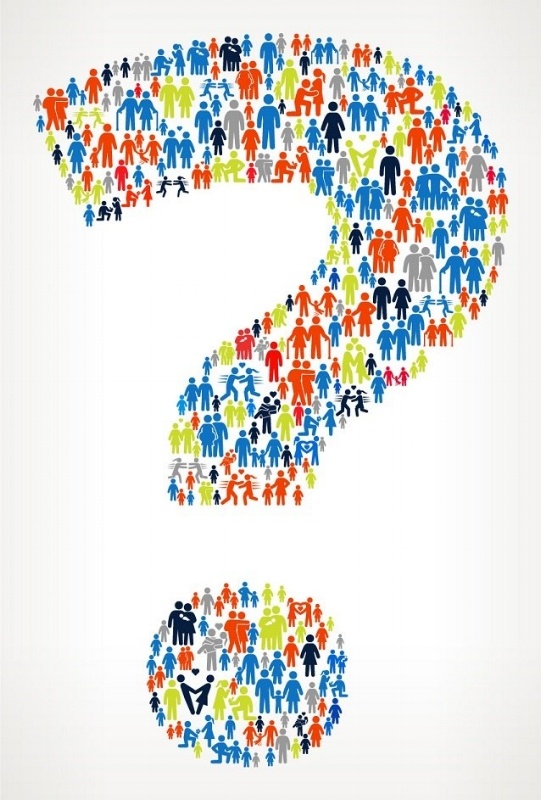
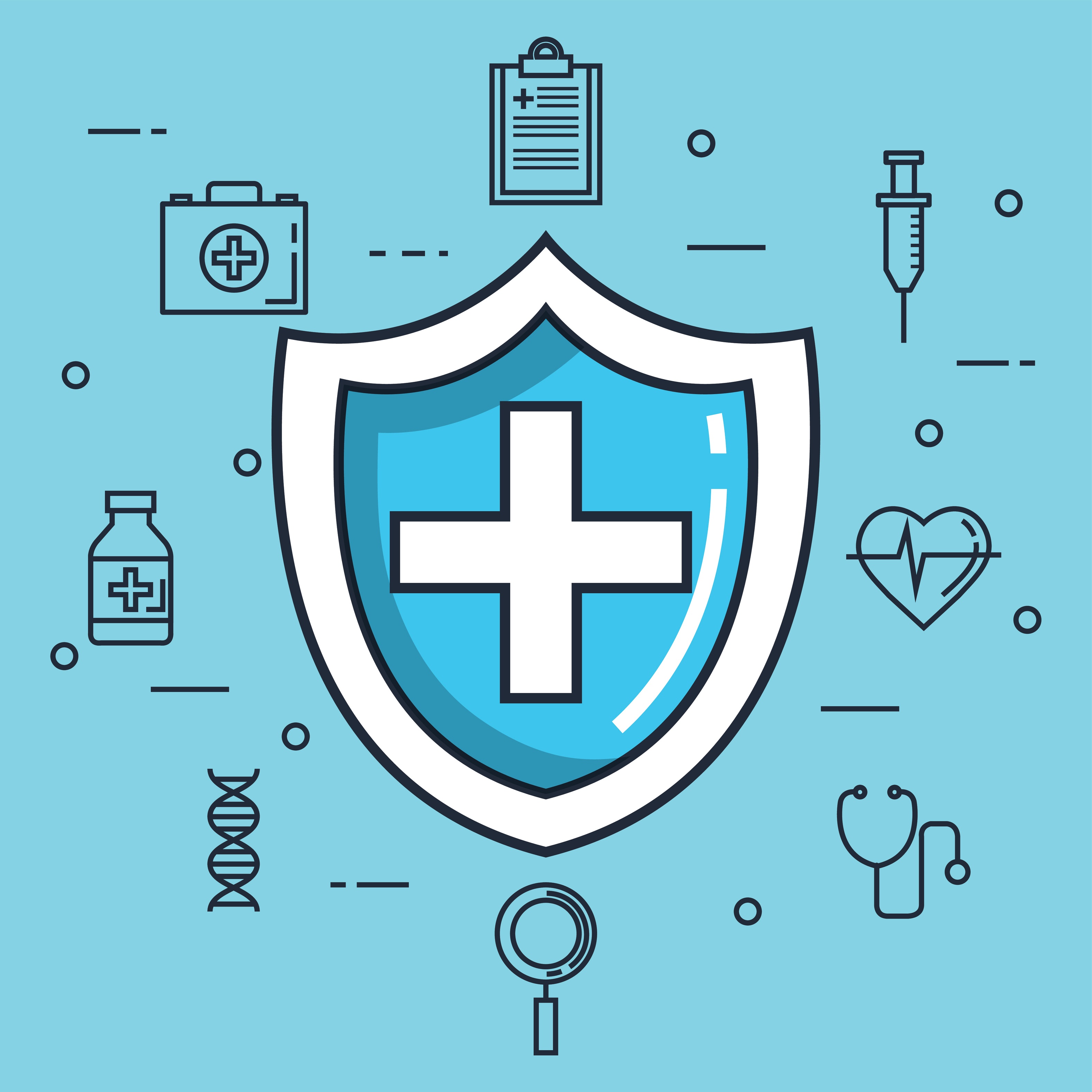
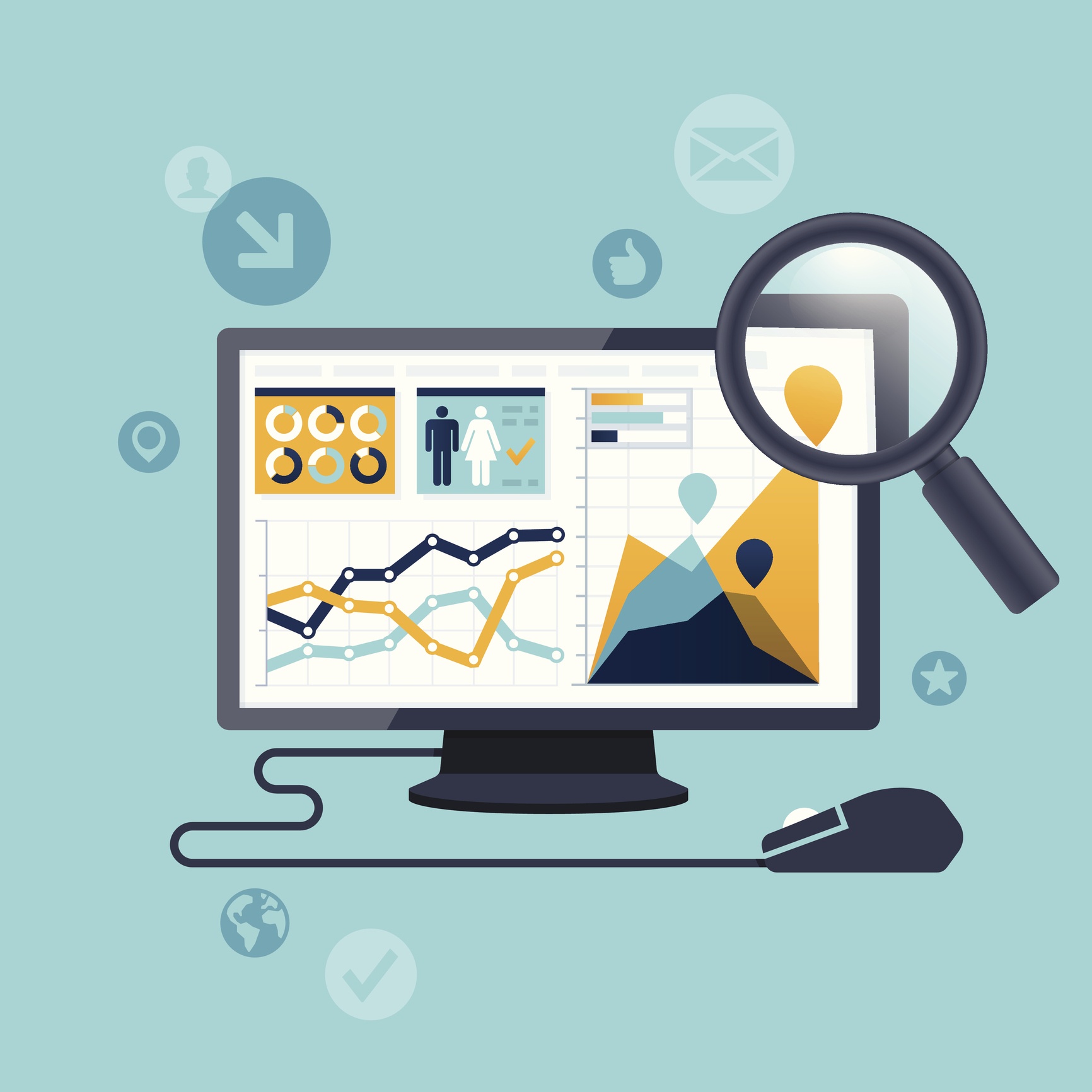
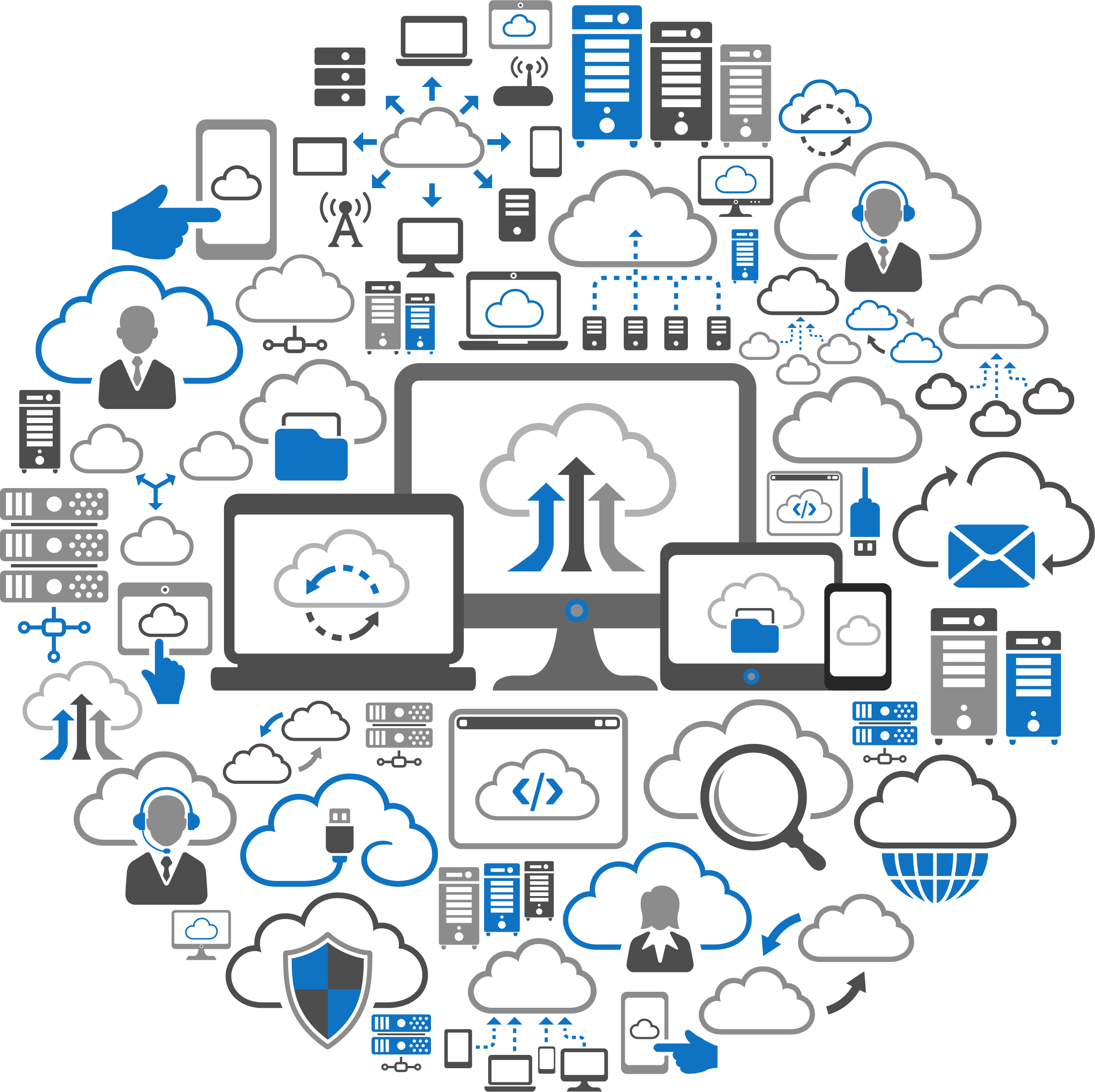
.jpg)
